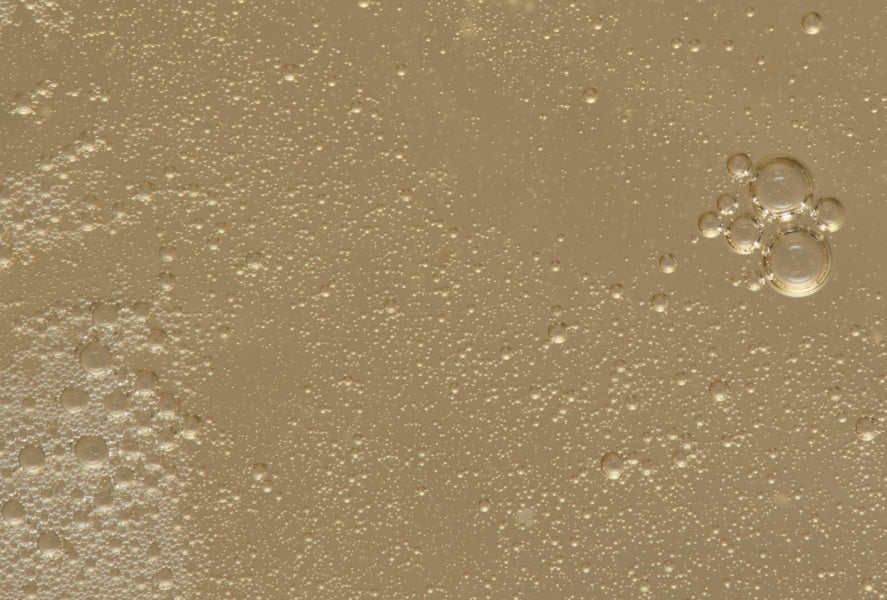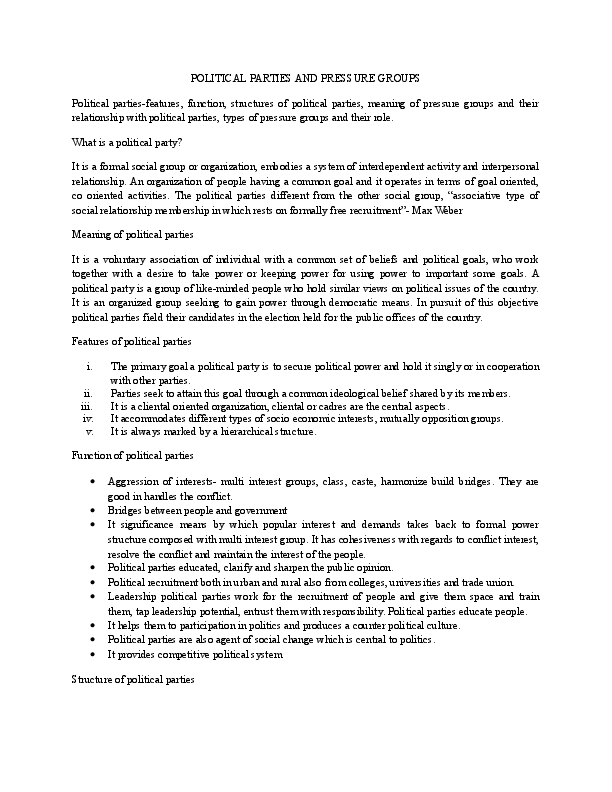Is Makeup Bad For Your Skin? A Dermatologist's Perspective

Table of Contents
The Potential Benefits of Makeup
While the question of whether makeup harms your skin is a valid concern, it's important to acknowledge the potential upsides. Makeup, when used correctly, can offer several benefits:
Psychological Benefits
Makeup's impact extends beyond the purely aesthetic. For many, it plays a significant role in self-esteem and overall well-being:
- Improves self-image and reduces stress: Applying makeup can be a form of self-care, boosting confidence and reducing stress levels. The act of enhancing one's appearance can lead to a positive mental shift.
- Can help individuals feel more comfortable in social situations: Makeup can provide a sense of control and preparedness, making individuals feel more confident and comfortable in social settings.
- Provides a sense of control over appearance: Makeup allows individuals to express themselves and feel in control of their appearance, which can be particularly empowering.
Protection Against Environmental Factors
Certain makeup products offer an added layer of protection against environmental aggressors:
- Look for foundations and primers with SPF 30 or higher: Many foundations and primers now include sun protection factor (SPF), shielding your skin from harmful UV rays. Choosing products with a high SPF is crucial for sun protection.
- Remember that makeup with SPF shouldn't replace dedicated sunscreen: While makeup with SPF offers some protection, it shouldn't replace a dedicated sunscreen application. Apply sunscreen liberally before makeup for optimal protection.
- Reapply sunscreen regularly, even if wearing makeup: Reapplication of sunscreen throughout the day is essential, especially during prolonged sun exposure, even if wearing makeup with SPF.
Camouflaging Skin Imperfections
Makeup can effectively conceal blemishes and improve the overall appearance of the skin:
- Can help manage the visible effects of acne or rosacea: Makeup can provide coverage for acne, rosacea, and other skin conditions, improving confidence and reducing self-consciousness.
- Allows individuals to feel more confident about their skin: By minimizing the appearance of imperfections, makeup allows individuals to feel more comfortable and confident in their own skin.
- Choose lightweight, non-comedogenic formulas: Opt for lightweight, breathable formulas to avoid clogging pores and exacerbating skin problems. Look for labels that indicate "non-comedogenic."
The Potential Downsides of Makeup
Despite the benefits, it's crucial to be aware of the potential negative impacts of makeup on your skin:
Ingredients and Irritations
Many makeup products contain ingredients that can cause adverse reactions:
- Parabens, sulfates, and fragrances are common irritants: These ingredients are frequently found in makeup and can trigger allergic reactions, inflammation, or irritation in sensitive skin.
- Look for hypoallergenic and non-comedogenic products: Choose products specifically labeled as hypoallergenic and non-comedogenic to minimize the risk of irritation and breakouts.
- Patch test new products before applying them to your entire face: Always perform a patch test on a small area of skin before applying a new product to your entire face to check for allergic reactions.
Acne and Blocked Pores
Improper application and removal techniques can lead to acne and breakouts:
- Always remove makeup thoroughly before bed: Failing to remove makeup before sleep allows makeup and dirt to clog pores, leading to breakouts.
- Choose oil-free and non-comedogenic formulas: Select products that are specifically designed for acne-prone skin and won't clog pores.
- Wash your brushes regularly to prevent bacterial buildup: Clean your makeup brushes regularly to remove bacteria and prevent the spread of infection.
Long-Term Skin Damage
Some makeup ingredients may contribute to premature aging or other long-term skin damage:
- Excessive use of harsh chemicals can accelerate aging: The long-term use of products with harsh chemicals can lead to premature aging and skin damage.
- Pay attention to ingredients and choose products with anti-aging benefits: Look for products with ingredients known for their anti-aging properties.
- Consult a dermatologist for personalized advice: A dermatologist can advise you on the best makeup products for your skin type and concerns.
Choosing Safe and Effective Makeup
Making informed choices about your makeup is crucial for maintaining healthy skin:
Read Labels Carefully
Understanding makeup ingredients is key to making safe choices:
- Avoid products with excessive fragrances or known irritants: Check the ingredient list for potential irritants and avoid products with strong fragrances.
- Opt for products with natural and gentle ingredients: Prioritize products with natural and gentle ingredients whenever possible.
- Check for certifications like dermatologist-tested or hypoallergenic: Look for certifications that indicate the product has undergone testing and is suitable for sensitive skin.
Prioritize Skin Health
Choose makeup that complements your skin type:
- Dry skin needs hydrating formulas; oily skin needs oil-free options: Select makeup that addresses your specific skin concerns.
- Acne-prone skin requires non-comedogenic and oil-free products: Avoid products that will clog pores and exacerbate acne.
- Sensitive skin needs hypoallergenic and fragrance-free options: Choose products that are gentle and won't irritate sensitive skin.
Proper Application and Removal
Proper techniques are essential for maintaining healthy skin:
- Use gentle cleansers and avoid harsh scrubbing: Cleanse your face gently to avoid irritation.
- Wash makeup brushes regularly: Regularly clean your brushes to prevent bacterial growth.
- Consider using makeup remover wipes for convenience: Makeup remover wipes can be a convenient option, but ensure they are gentle on the skin.
Conclusion
The question, "Is makeup bad for your skin?" doesn't have a simple answer. While makeup can offer benefits like boosting confidence and sun protection, it also carries potential risks, such as allergic reactions and clogged pores. By carefully selecting products, prioritizing skin health, and practicing proper application and removal techniques, you can minimize the risks and enjoy the benefits of makeup without compromising your skin's well-being. Remember to consult a dermatologist for personalized advice on choosing makeup that suits your individual skin type and concerns. Prioritize your skin health and make informed decisions about your makeup choices to maintain radiant and healthy skin. Learn more about choosing the right makeup for your skin and avoiding potential skin problems.

Featured Posts
-
 How Puma Footwear Is Revolutionizing Hyrox Performance
Apr 25, 2025
How Puma Footwear Is Revolutionizing Hyrox Performance
Apr 25, 2025 -
 Unexpected Nfl Draft Names Cowboys Insiders Exclusive List
Apr 25, 2025
Unexpected Nfl Draft Names Cowboys Insiders Exclusive List
Apr 25, 2025 -
 Political Parties Under Pressure A Study Of Compromise And Resistance
Apr 25, 2025
Political Parties Under Pressure A Study Of Compromise And Resistance
Apr 25, 2025 -
 Spring 2025 Country Music Festivals A Comprehensive Guide For Planning Your Trip
Apr 25, 2025
Spring 2025 Country Music Festivals A Comprehensive Guide For Planning Your Trip
Apr 25, 2025 -
 Local Runner Bob Fickel Prepares For 40th Canberra Marathon
Apr 25, 2025
Local Runner Bob Fickel Prepares For 40th Canberra Marathon
Apr 25, 2025
Latest Posts
-
 Solid Skenes Start Not Enough As Team Falls Short
Apr 30, 2025
Solid Skenes Start Not Enough As Team Falls Short
Apr 30, 2025 -
 Lich Thi Dau Va Thong Tin Vong Chung Ket Tnsv Thaco Cup 2025
Apr 30, 2025
Lich Thi Dau Va Thong Tin Vong Chung Ket Tnsv Thaco Cup 2025
Apr 30, 2025 -
 Thaco Cup 2025 Lich Thi Dau Chinh Thuc Vong Chung Ket Hap Dan
Apr 30, 2025
Thaco Cup 2025 Lich Thi Dau Chinh Thuc Vong Chung Ket Hap Dan
Apr 30, 2025 -
 La Flaminia Conquista La Seconda Posizione Analisi Della Rimonta
Apr 30, 2025
La Flaminia Conquista La Seconda Posizione Analisi Della Rimonta
Apr 30, 2025 -
 Vong Chung Ket Tnsv Thaco Cup 2025 Xem Truc Tiep O Dau Va Khi Nao
Apr 30, 2025
Vong Chung Ket Tnsv Thaco Cup 2025 Xem Truc Tiep O Dau Va Khi Nao
Apr 30, 2025
